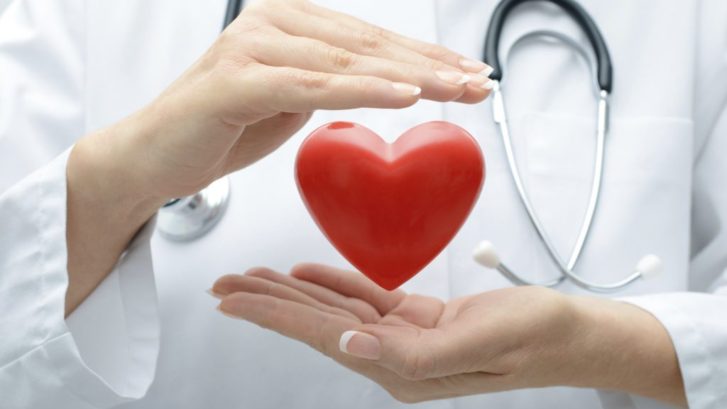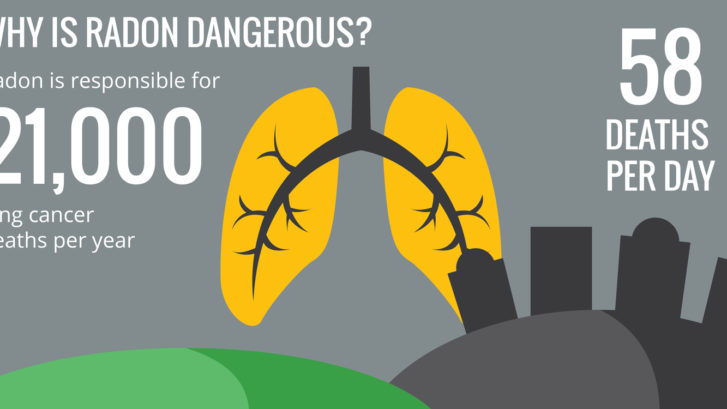If you have a painful throbbing in your head, you may be very uncomfortable but think it couldn’t be a migraine because it’s not debilitating. Or you don’t have the shimmering lights in your vision or nausea and vomiting that you’ve heard usually accompanies a migraine.
Regardless, you could still be suffering from a migraine and not know it. Or you could have an ordinary headache with several of the symptoms of a migraine. The symptoms of headaches and migraines can vary so much from person to person that it can sometimes be difficult even for doctors to tell the difference.
So why does it matter, then? Can’t you just pop a couple aspirin, slap on an ice pack and say you’ve got a painful headache? No, because the treatments are different for each, and sometimes a headache is more than that. That’s why your concierge doctors at MD 2.0 in Jupiter, Florida, want to explore the different types of headache, including migraine, and help you decide when to get seek medical attention.
Migraine
A migraine is not technically a headache, but a neurological disorder that includes a constellation of symptoms, with a painful, long-lasting headache at the center. Its main symptom is a severe throbbing pain or pulsing sensation in the head, which feels like a very bad headache, usually on one side of the head, but in a third of migraine attacks, both sides are affected. It is often—but not always—preceded by what is known as an “aura,” strange tricks of vision that can encompass anything from a blind spot in the vision to flashing or shimmering lights to wavy or zigzagging lines. Migraines are also usually, but not always, associated with such symptoms as nausea, vomiting, and extreme sensitivity to lights and noises, and can also include a pins-and-needles sensation in the arms and legs or a weakness or numbness on one side of the face or body.
One or two days before the onset of a migraine, patients often experience subtle body signals (called “prodrome”) that can alert them to an upcoming migraine. These changes can include neck stiffness, constipation, increased thirst and urination, food cravings, frequent yawning, and mood swings from depression to euphoria. To complicate the issue even further, it’s possible to have many of the migraine symptoms, especially the aura, without the headache. The primary signature of a migraine, however, is the extreme incapacitation associated with the headache pain involved.
Other headache types
Just because a headache isn’t officially classified as a migraine doesn’t mean it can’t be painful or even somewhat debilitating. And there are several types:
• Tension headache, the most common, is usually felt around the head and scalp and the back of the head or neck. Often called “stress” headaches, they are further divided into episodic and chronic, depending on how often they occur, and can be uncomfortable but don’t normally restrict regular activities.
• Cluster headaches, most often experienced by men, are called that because they tend to occur in clusters or groups, sometimes several in a day over a period of weeks or months, then they disappear, often for years. Because they can be quite painful and occur on one side of the head, they are sometimes difficult to distinguish from migraines.
• Sinus headaches are frequently misdiagnosed, but in general, they must be accompanied by nasal congestion, watery eyes, and fever, due to the infection in the sinuses that causes them.
There are a number of other types of headaches, categorized by their causes, such as menstrual headaches, ice cream headaches, and caffeine headaches, among others. The most serious (i.e. dangerous) is the so-called “thunderclap” headache which occurs suddenly like a clap of thunder and causes extreme pain. This is a medical emergency that must be investigated immediately.
Treatment
For common headaches, many people find relief with over-the-counter (OTC) pain-relief-med.com, ice packs, and rest. Others swear by less conventional treatments such as caffeine, ginger, hot showers, acupuncture, or even massaging the temples with lavender or peppermint oil. It’s helpful to determine the cause of frequent headaches, so keeping a diary of symptoms can help pinpoint triggers.
Because symptoms and treatments of the different headache types overlap, if these typical home remedies don’t work, it’s best that you come and see us for an evaluation. There are numerous new prescription drugs available to treat migraines, as well as other more stubborn headaches.
Sometimes a headache isn’t “just a headache,” so if your headaches are debilitating, let us know. We can help.










